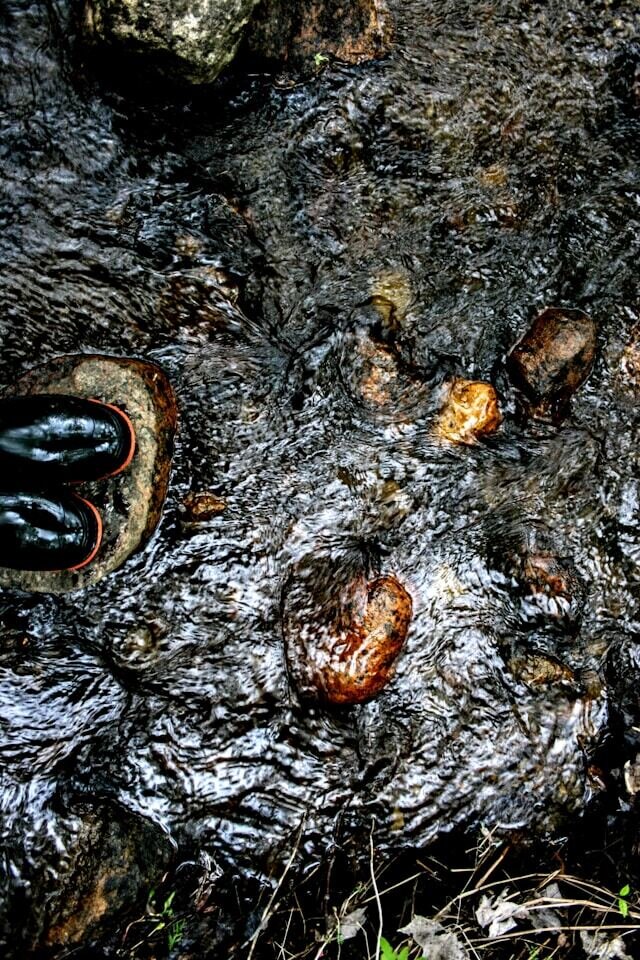
2008 Oil Spill In Niger Delta Was 60 to 200 Times Worse
By Amnesty International A major oil spill in the Niger Delta was far worse than Shell previously admitted, according to an independent assessment obtained by Amnesty International and the Centre for Environment, Human Rights and Development (CEHRD), which exposes how the oil giant dramatically under-estimated the quantities involved. The spill in 2008, caused by a fault in a Shell pipeline, resulted in tens of thousands of barrels of oil polluting the land and creek surrounding Bodo, a Niger Delta town of some 69,000 people. ...